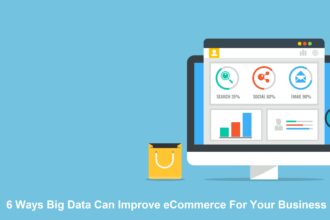 growing need. Even some big companies shifted their focus to self-service tools and Microsoft is a typical example. But why is self-service statistical computing software more and more popular? What makes these tools so important?
growing need. Even some big companies shifted their focus to self-service tools and Microsoft is a typical example. But why is self-service statistical computing software more and more popular? What makes these tools so important?One reason is that they enable business users to leverage data insights for decision making with unprecedented efficiency. Self-service data computing and analytics tools are developed for users of all levels. Since some users may not be tech-savvy, traditional data handling software like SQL is too difficult for them. Self-service business computing and analytics are very agile and flexible, which makes business users’ work very convenient. This is what self-service data computing tools like esProc and esCalc are great for. Besides, self-service statistical computing software is visual and easy to use. Business users can interact with data easily and effectively without the involvement of an IT department. That is to say, business users put everything in their own hands with self-service computing and analysis tools.
In addition, self-service business computing tools often move faster than IT. In the digital world, data are generated at any time and fast results allow quick reactions to the ever-changing market. Since self-service statistical computing tools don’t need modeling beforehand, business users can run ad hoc queries and build their own reports, making work more nimble. At the same time, the pressure on IT staff has been taken off and leaves them more time to focus on other value-added tasks as a help for self-service computing and analytics.
Cost-effectiveness is another charm of self-service statistical computing tools. Business leaders adopt statistical computing and analytics tools to help their companies save money and make their companies more profitable. If a solution can’t bring rewards or allow breaking even on the investment, business users will lose confidence in these tools. This can explain why only a few companies are using the BI solution. However, with self-service statistical computing tools, business users can use the tools well without extra training, which saves on costs. Furthermore, self-service tools deliver great benefits to business users with their powerful capabilities for real-time analysis.
In brief, self-service business computing tools bring many benefits to business users. They realize business users’ dreams of better ways to get useful insights from data with business computing and analytics tools. And they avoid the inherent drawbacks of traditional data computing and analytics tools.










